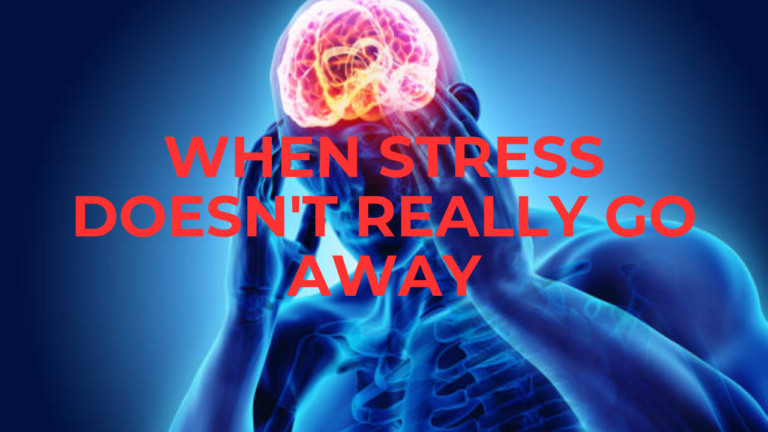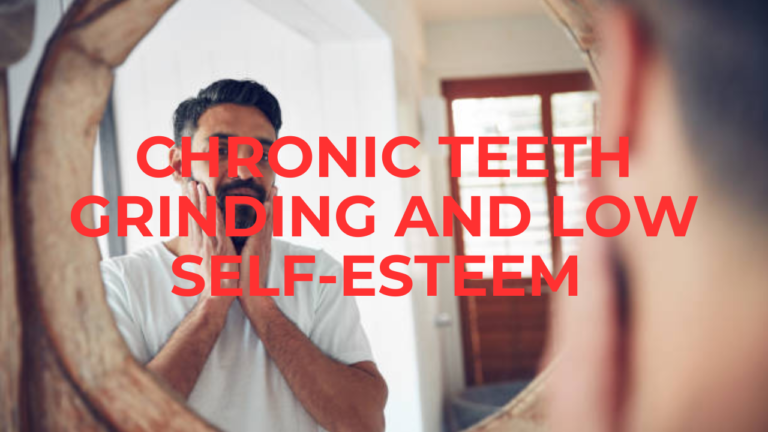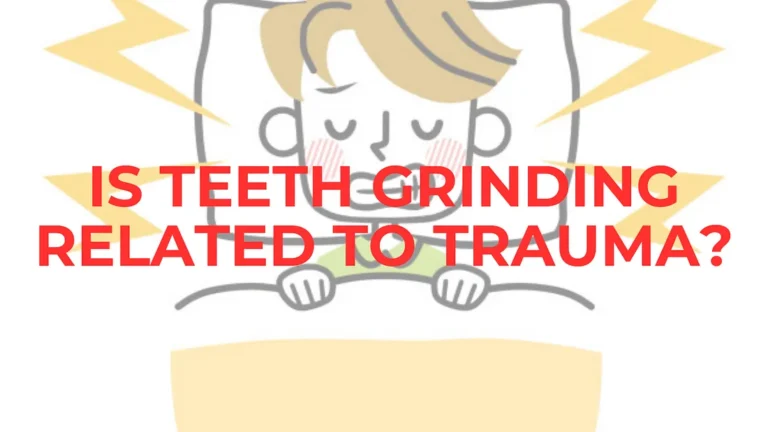Book Appointment Now
How Does Teeth Grinding and Clenching Become a Coping Mechanism?

As a therapist, I often work with clients struggling with chronic habits like maladaptive daydreaming or dealing with unhealthy patterns in general. Today, I would like to talk about how bruxism progresses from mild teeth grinding to becoming a coping mechanism where you uncontrollably grind, clench, or gnash your teeth. While it may start as a temporary physical response to stress, for many this habit becomes deeply ingrained as a psychological coping mechanism. Let me explain how this progression happens.
Initial Trigger — Immediate Relief
In the beginning, teeth grinding is simply the jaw’s way of releasing built-up tension when the mind enters a state of heightened anxiety or emotional distress. It’s the body’s attempt to discharge excessive mental strain through a physical outlet. At this stage, the grinding is an instinctive stress response, not a consciously developed habit.
Another common example to illustrate this process is nail biting. Similar to teeth grinding, nail biting often begins as a subconscious response to stress or anxiety. When faced with heightened emotions or tension, individuals may find themselves biting their nails as a way to alleviate the discomfort or distract themselves from their thoughts.
Subconscious Association
However, if that initial stress and inner turmoil remains unresolved, the mind starts ingraining teeth grinding as a familiar way to seek relief from emotional overwhelm. Your subconscious mind has found a behavior that temporarily numbs or distracts from the buried pain. So, it keeps turning to that coping mechanism of forcefully clenching the jaw whenever stressful triggers arise.
Think of it this way — the deeper part of your psyche convinces itself that grinding the teeth provides an escape from difficult thoughts and feelings. It’s like your mind’s overprotective friend who thinks restricting emotional vulnerability through jaw clenching will shield you from further hurt. Of course, logically we know this harmful habit only leads to physical pain and dental damage. But the subconscious has become attached to an irrational belief that this coping behavior is necessary for survival.
Reinforcement Loop
The habit is reinforced through repetition, creating a reinforcing loop where teeth grinding becomes the default coping strategy. With each stressful episode, teeth grinding gets more firmly hardwired as an automatic self-soothing response for your subconscious psyche. What began as a temporary physiological stress outlet morphs into a deeply ingrained psychological habit activated whenever you encounter anxiety, frustration or emotional discomfort. Your mind has now conditioned itself that teeth grinding is the way to find relief, even though it’s counterproductively taking a toll on your oral health and overall wellbeing.
Conclusion
That’s how the habit escalates to the point where it becomes uncontrollable. Despite repeated dental visits and awareness of the harm it causes, you may still find yourself unable to stop severe teeth grinding and clench.
On the bright side, this also means there’s a solution. Recognizing that this damaging coping mechanism stems from unresolved emotional turmoil buried in the subconscious mind is the first step. Until those root traumas and negative inner beliefs are brought to light and reprocessed, your psyche will remain stuck in a self-defeating loop of using teeth grinding as a harmful but familiar means of self-preservation.
While dental guards can provide temporary physical protection, true healing requires exploration to unearth the original psychological wounds that turned a normal physiological response into a destructive long-term coping behavior.
Note from the Author
If you’re ready and you’d like my help with overcoming chronic teeth grinding and clenching habits for Improved Oral Health and Reduced Stress, then you can book a FREE BREAKTHROUGH CALL with me HERE. Happy healing 💙💙. Feel free to share and comment! Use this information with caution, it comes from my own thoughts & bias, experiences and research😊. Disclaimer: I am not a Dentist, but as a therapist specializing in offering support and guidance in addressing the psychological factors contributing to bruxism.







